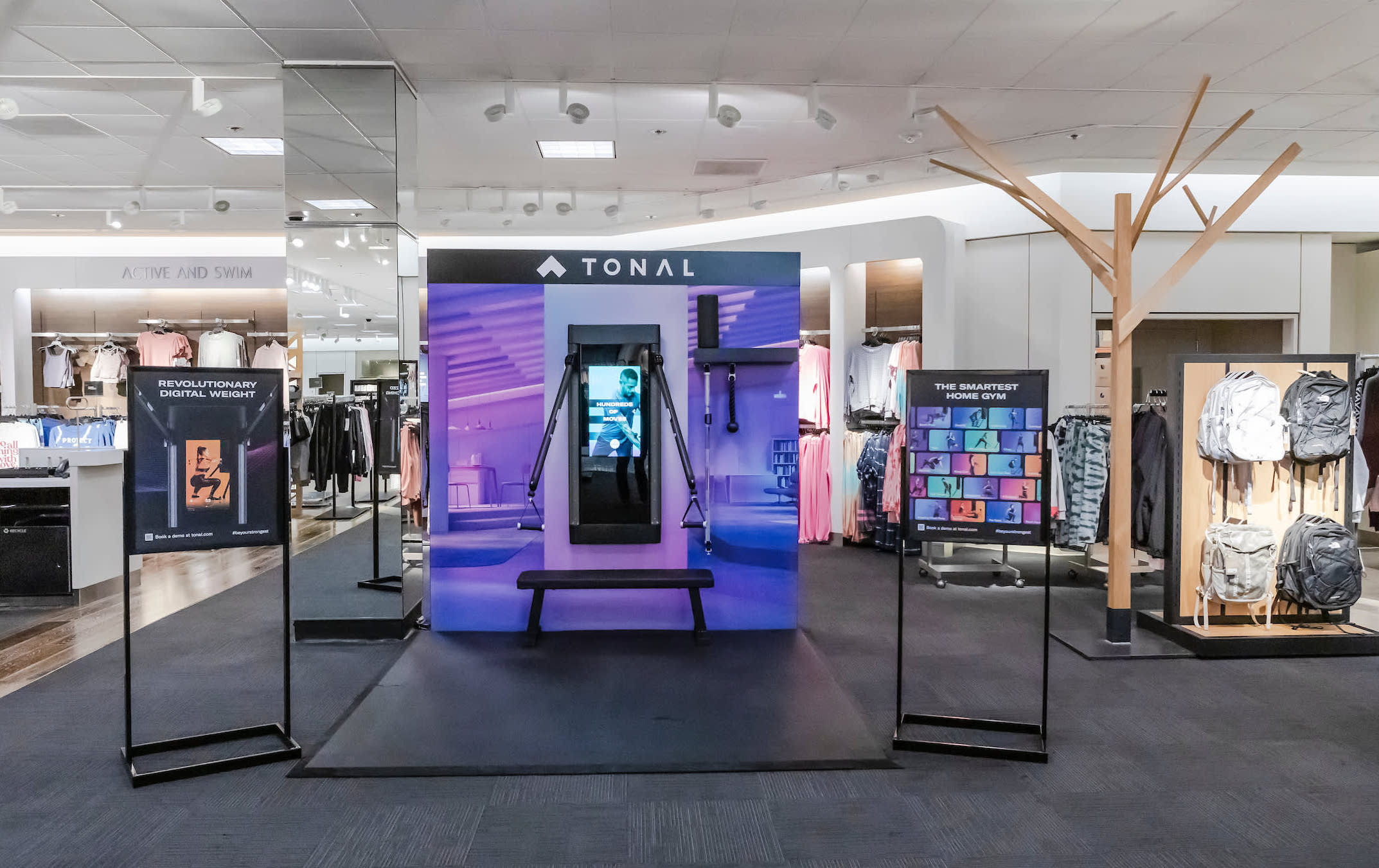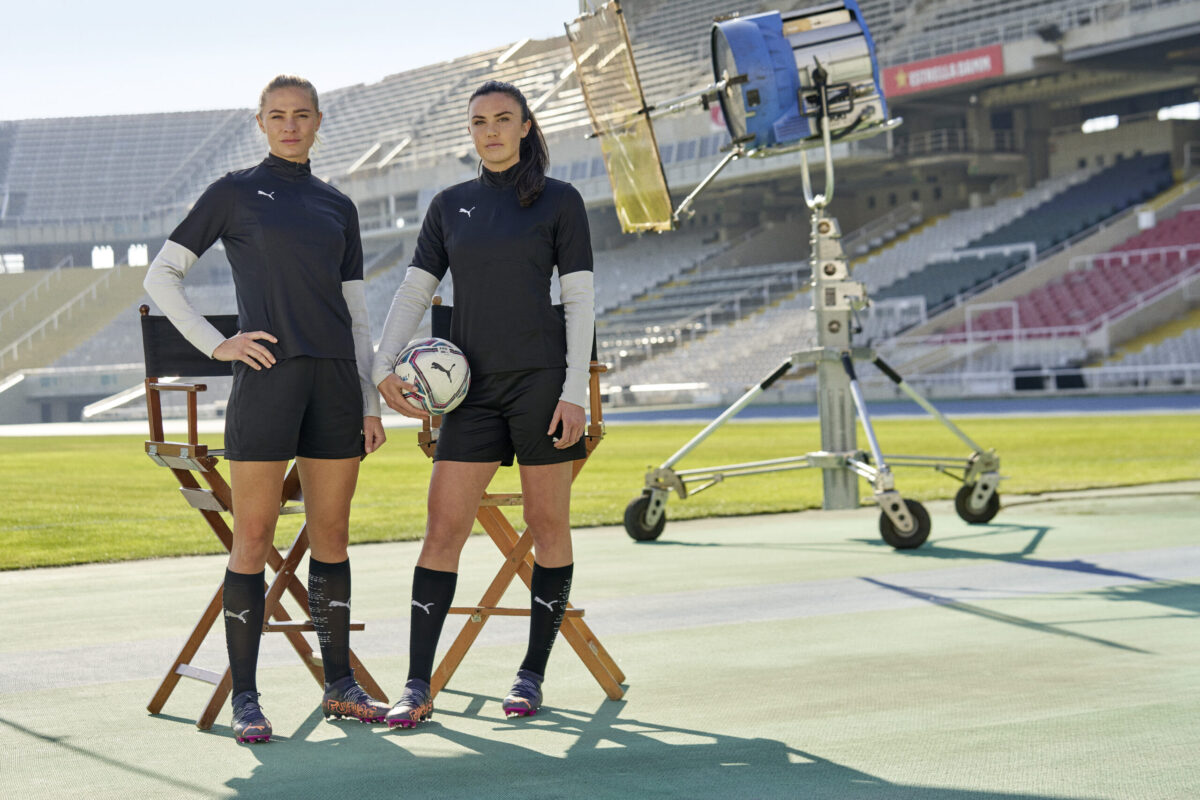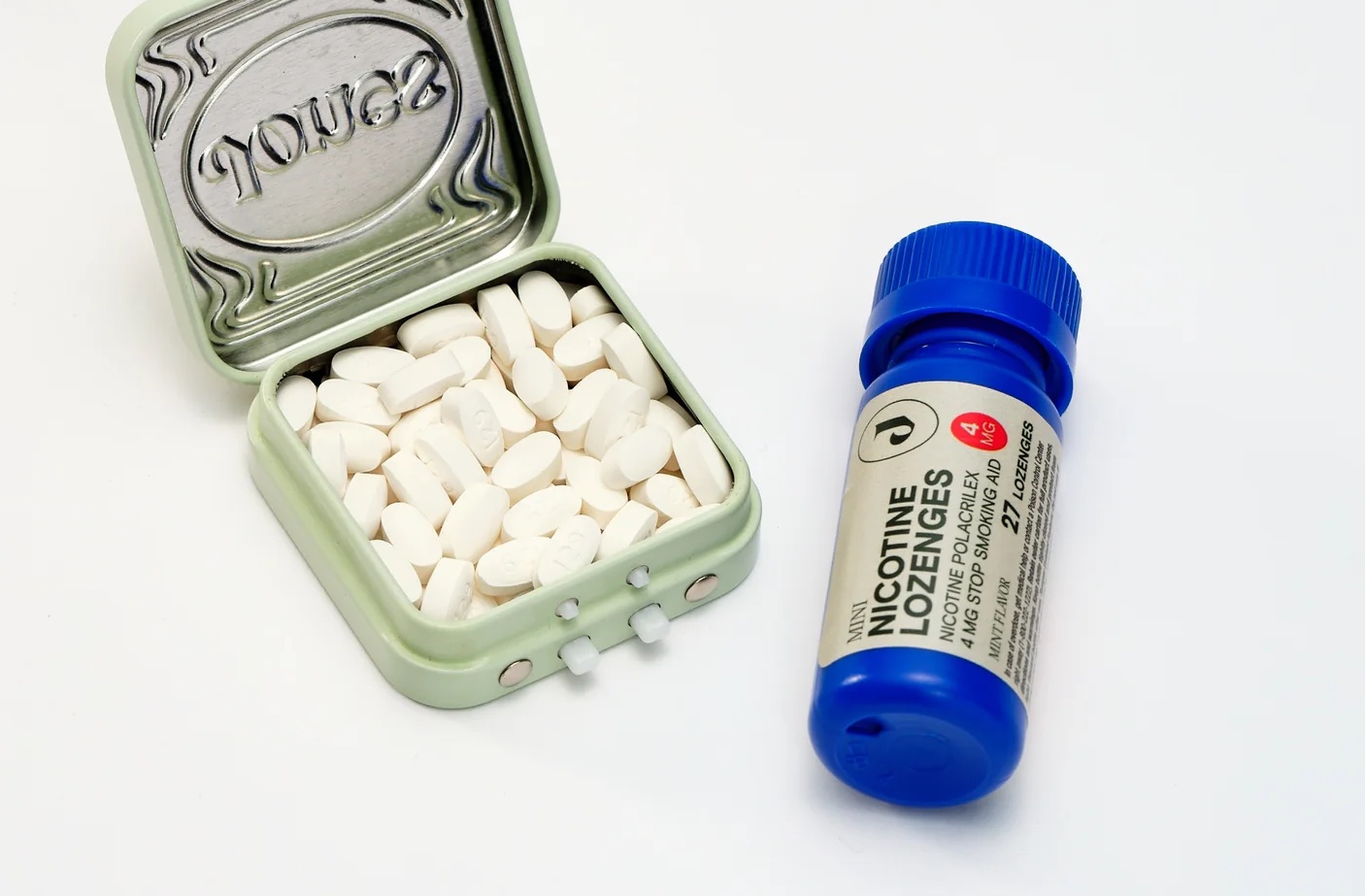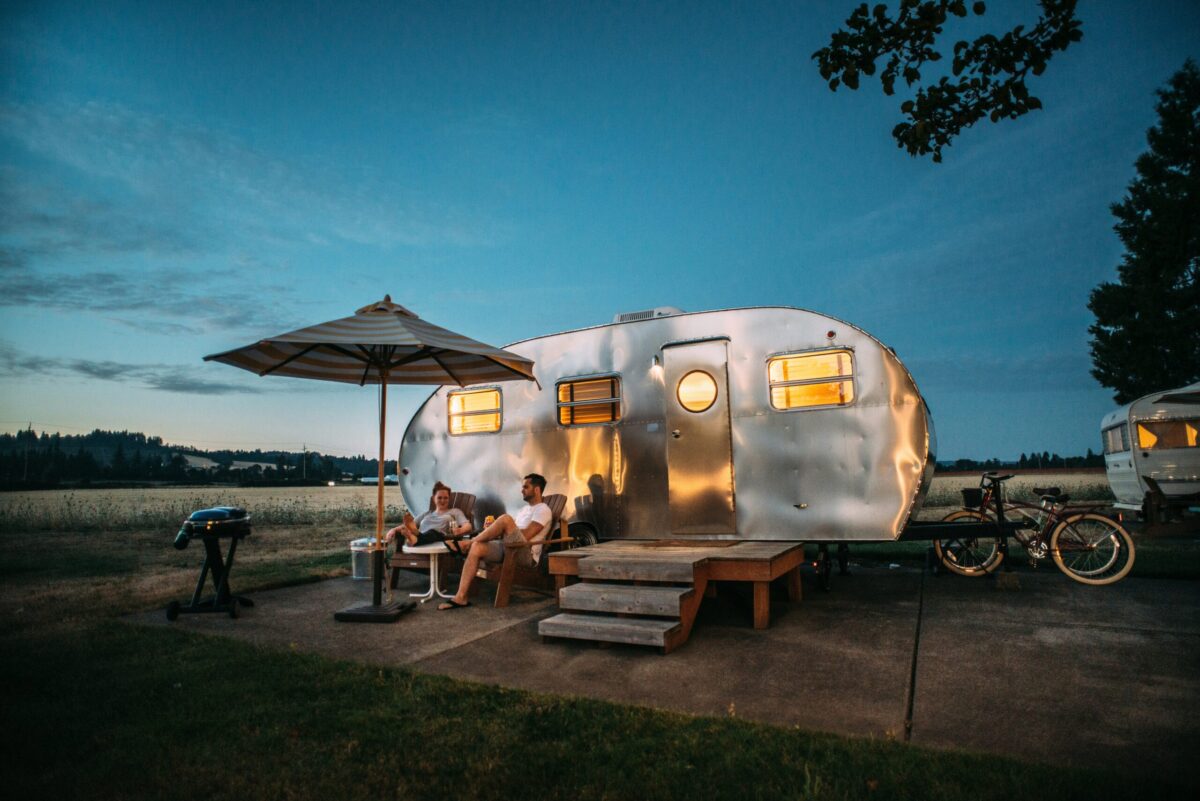In an effort to reach potential customers in-person, connected fitness companies are getting creative.
Show off. An opportunity for would-be riders to try its bike, early on, Peloton built its retail strategy around showrooms and mall kiosks. A winning concept, retail showrooms have become a central part of the connected fitness playbook.
Shop-in-shop. Equipment makers are partnering with retailers to display and demo products.
- Connected rowing company Hydrow teamed with Best Buy and Fabletics.
- Vertical climbing machine CLMBR partnered with experiential retailer b8ta.
- Tonal expanded its deal with Nordstrom and tapped activewear retailer Bandier.
- lululemon’s acquisition of MIRROR gives the interactive workout company built-in distribution.
A similar approach, as part of a larger deal that includes exclusive content, FORME’s workout mirror will be sold at Barry’s studios.
Amenities. Whether it’s apartments, hotels, or offices, home fitness brands are meeting consumers everywhere.
- CLMBR is rolling out across Four Seasons hotels and resorts.
- Interactive boxing machine Liteboxer partnered with select Virgin Hotels.
- Pelotons can be found at an estimated 1,100 hotels across the US and Europe.
- Tempo landed a strategic partnership and investment from real estate developer Tishman Speyer.
Along those lines, Technogym recently partnered with Silofit, becoming the micro-gym’s exclusive equipment supplier.
Takeaway: As customer acquisition costs soar, connected fitness brands are taking an increasingly innovative approach to distribution. Next, as more companies target the commercial market, expect to see more high-tech machines popping up in big-box gyms.
 Image: Tonal
Image: Tonal


